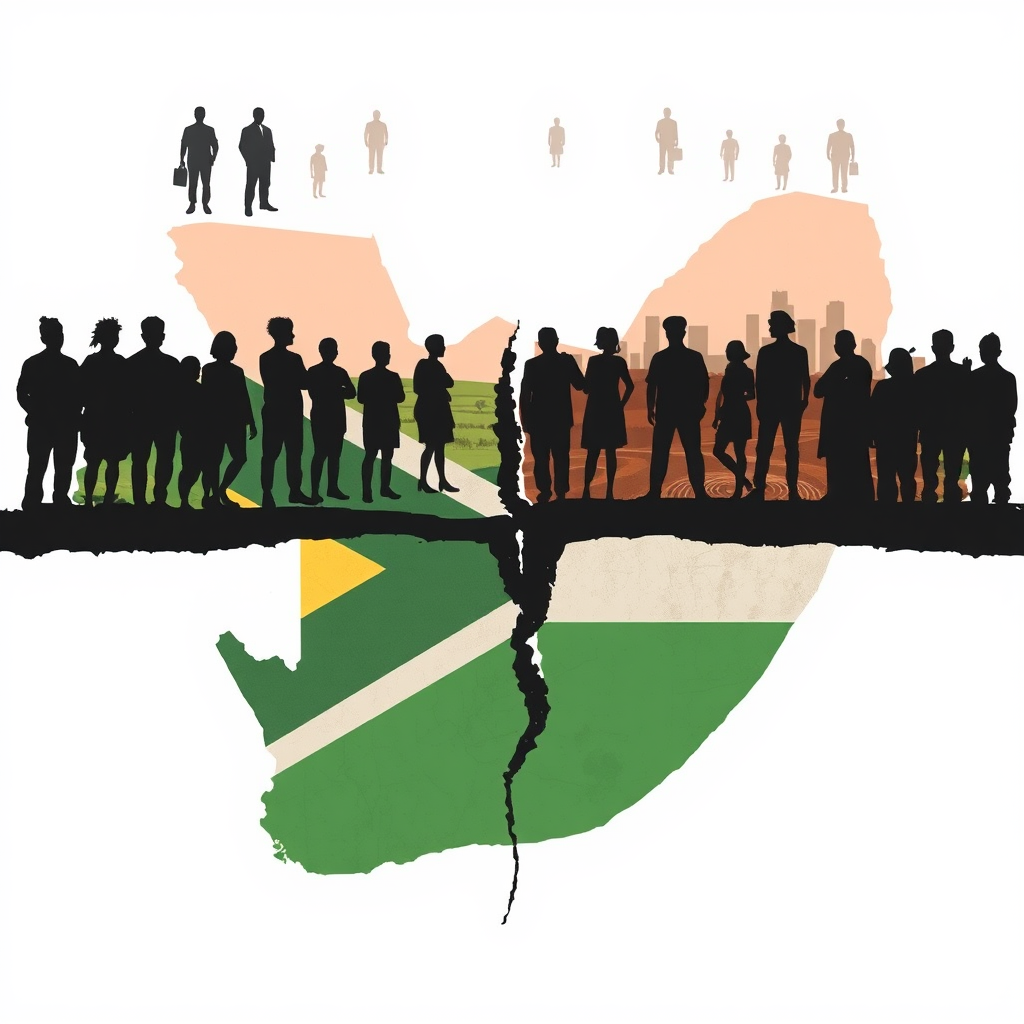Trump’s Refugee Claims and South Africa’s Reality

The recent granting of refugee status to a small group of white South Africans by the Trump administration has reignited a dangerous and demonstrably false narrative: the idea of “white genocide” in South Africa. Reports indicate 59 Afrikaners – white South Africans of European descent – arrived in the U.S. last month, with more arriving recently, and have been granted refuge based on claims of persecution. This assertion of a systematic effort to eliminate white South Africans is not supported by evidence.
While violence and crime do exist in South Africa – impacting all racial groups – framing it as a targeted “genocide” against white farmers and Afrikaners is a distortion of reality, often fueled by right-wing extremist groups both domestically and internationally. Statistics demonstrate that violent crime disproportionately affects Black South Africans, and attributing it solely to a targeting of the white minority is a deliberate misrepresentation.
The timing of this decision, and the amplification of this unsubstantiated claim, raises serious questions about political motivations. It appears strategically aligned with appealing to a specific segment of the American right-wing base, tapping into anxieties about demographic shifts and perceived threats to white identity. This rhetoric echoes narratives frequently employed by white nationalist groups and serves to further polarize the political landscape.
Experts suggest parallels between the grievances expressed by some Afrikaners – a sense of dispossession and loss of power following the end of apartheid – and the anxieties felt by segments of the American right who perceive a decline in white cultural and political dominance. To understand the complexities of this situation, journalist Brittany speaks with South African journalist Kate Bartlett and Sean Jacobs, a professor of international affairs at The New School, to dissect the origins of this claim, its political implications, and the connections between these seemingly disparate groups. The situation demands careful scrutiny, not just of the facts on the ground in South Africa, but also of the motivations driving its exploitation for political gain.